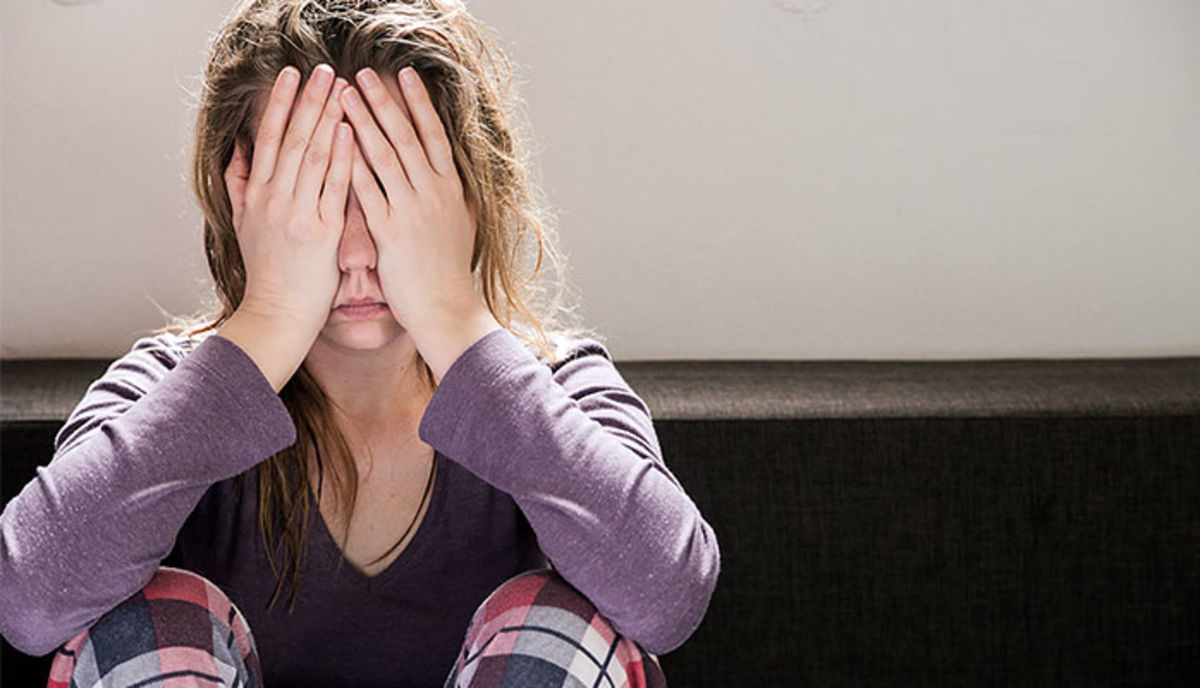Stress
Stress
Stress is the term used for a normal mental and physical response to the various demands of life. It is experienced by almost every person at some or the other point of time in their lives.
In Ayurveda classics, anxiety is described as a symptom Chittodwega (restlessness of mind). It is further classified under a heading of psychiatric disorders called ‘Unmada’.
As per Ayurveda, inappropriate dietary habits such as Adhvashana (Improper foods) and Vishamashana (Opposing foods) may cause Vishada (Mental lethargy), bhrama (doubt), and glani (guilt) resulting out of Pragya-paradha (mistakes of the intellect/mind).
These mistakes are referred to as – lack of self-control over eating and greediness in food habits. Conditions of the mind such as Duhkha (Despair)– that is produced due to loss of beloved one or any financial or social loss; Bhaya (fear), Irshya (jealousy), Dainya (timidity), Lobha (greed), Chinta (worry),Krodha (anger) may lead to Vishada (Mental lethargy).

Causes Of Stress
Stress is caused due to a normal programming of the human brain to tackle day to day situations. This is also known as the ‘fight-or-flight’ response – which is the body’s defense mechanism for managing any threat. After the threat is over, sometimes, due to many factors, the body does not revert back to normal status and a continues cycle leads to stress.
Symptoms Of Stress
Symptoms of stress are similar to that of anxiety. If untreated they can cause health problems like high blood pressure, heart conditions and diabetes.
Stress causes the following physical and mental symptoms
- Pain in Head and other muscles
- Pain in chest
- Tiredness
- Stomach upsets
- Problems sleeping
- Feeling of restlessness
- Irritation and anger
- Depressive symptoms
- Abuse of drugs or alcohol
Ayurvedic Treatment For Stress
Medhya drugs such as Mandukaparni (Centella asiatica Linn.), Yastimadhu (Glycirrhiza glabra Linn.), Guduchi (Tinospora cordifolia (Wild) Miers) and Shankhapushpi (Convolvulus pleuricaulis Chois) are beneficial in these conditions.
Ayurveda describes Satvajya (councelling), Daiva Vyapashraya Chikitsa (meditation, enchanting etc) that may be beneficial.
Biopurificatory techniques, abhyanga, shirodhara, nasyakarma and vastikarma may be beneficial.
- Internal medicine
- Medhya Rasayan Chikitsa
- Manovatratay chikitsa
- Manas chikitsa
- Satvajaya chikitsa
- Samupdeshan chikitsa
- Panchkarma
- Shirodhara
- Shiropichu
- Abhyangam
- Utavartan
- Nasya
- Basti
- Snehan
- Swedan
- Yoga and pranayama
- Meditation
- Mental diet plan
- Counselling and psychotherapy guidance program
Diet Recommendations (Aahar)
- Diet vastly affects the agni, tridoshas and the manas (mind). A wholesome healthy diet is essential for mental health and happiness.
- Use of milk, ghee, sweet dish etc influences the Pravar Satva (Higher mental equilibrium).
- Madhur rasaand amla rasa strength the indriya & positively influences the satva (positive state of mind).
Lifestyle Changes (Vihar)
- Achar rasayan (Good behavior and lifestyle) too influences the Pravar Satva (Higher mental equilibrium).
- Yogasanasas exercise regimen are shown to be efficacious and helpful in reduction or management of stress.
Some asanas that are helpful are as follows
- Shavasana:
Savasana has a regenerative effect on the mind and the body. It provides relief from any kind of stress and strain in few minutes. It is a good activity for managing restlessness, insecurity, frustration, anxiety, and fear.
- Bhramari Pranayama
Paroxysmal gamma waves produced in brain during the Bhramari Pranayama which is associated with positive thoughts, feelings of happiness and acts as a natural antidepressant.

